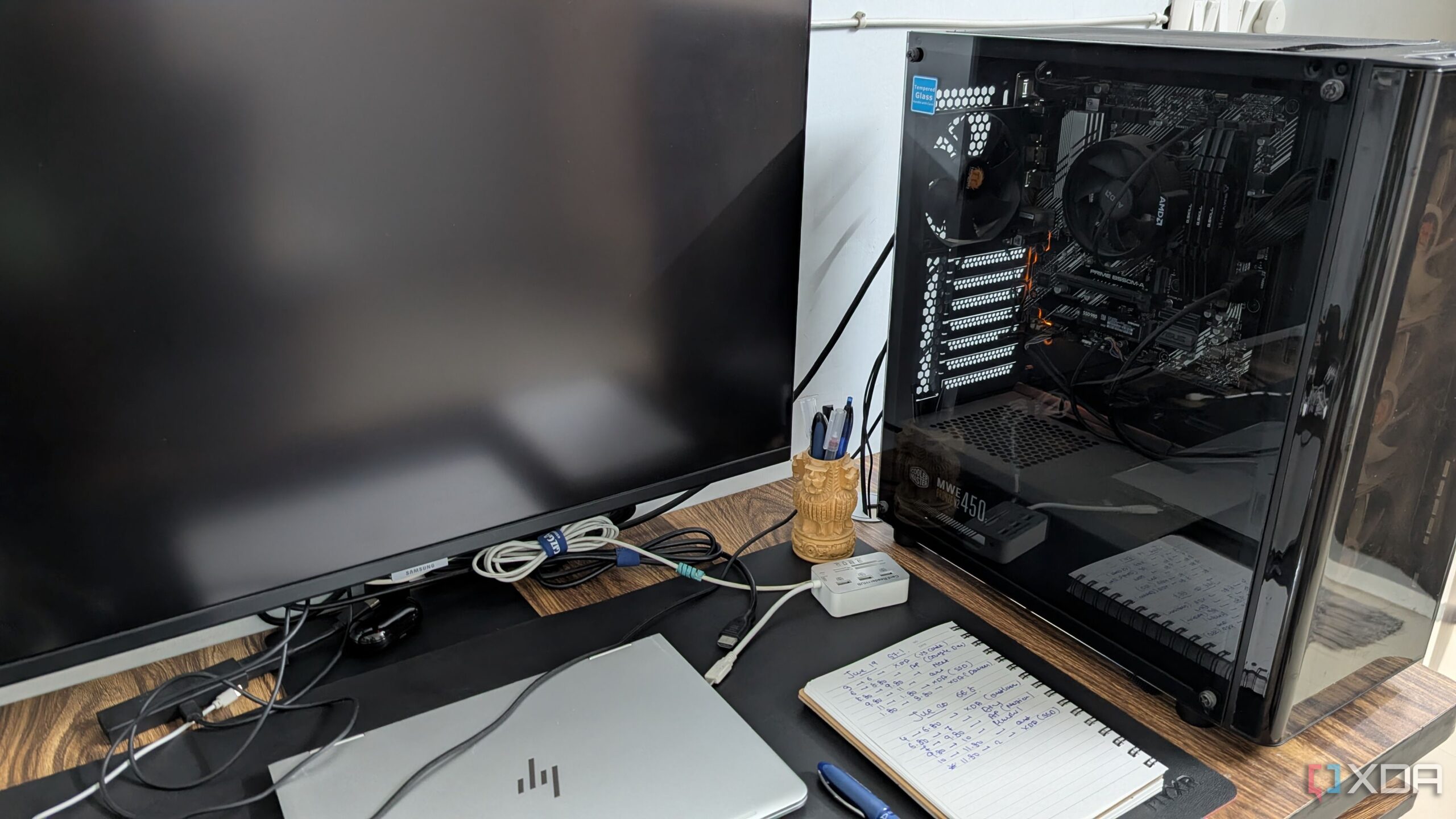UPDATE: Recent warnings highlight critical risks associated with refurbished enterprise SSDs, casting doubt on their reliability. This urgent development comes as tech enthusiasts increasingly turn to online auction houses and decommissioned server parts sites for budget-friendly storage solutions.
As prices for consumer-grade SSDs continue to surge, buyers are eager to find high-endurance models. However, officials and experts are raising alarms about the accuracy of the SMART data used to assess these refurbished drives. The concern is that this data can create a false sense of security, leading users to believe their SSDs are in good health when they may not be.
Authorities confirm that while SMART attributes can signal potential drive failures, many crucial details remain unmonitored. For example, SSDs utilize wear-leveling algorithms to prolong lifespan, but SMART data does not account for whether these algorithms are functioning properly. This oversight could mean that a refurbished SSD, even one previously used in enterprise environments, may be on the verge of failure.
As a result, experts urge all users to follow the 3-2-1 backup rule—a strategy that is more essential than ever in the face of potential data loss. SSDs can fail unexpectedly, and without proper backup, valuable data is at significant risk.
Further complicating matters, refurbished SSDs may come with undisclosed issues. For instance, thermal damage from overheating can accelerate wear on NAND flash components, yet this is not logged in SMART data. Additionally, many manufacturers allow a threshold of reallocated sectors before they are recorded, meaning a drive could be compromised long before any warning signs appear.
Amid these revelations, consumers are warned to be vigilant. Experts recommend examining the SMART logs of refurbished SSDs for signs of tampering, such as blank power-on hours or overly pristine SMART values. If anything seems suspicious, it is crucial to investigate further using manufacturer tools to verify firmware and performance metrics.
With SSD scams on the rise, the market has seen a surge in fraudulent drives that misrepresent their actual health. Many refurbished drives have been manipulated to appear healthier than they are, with inaccuracies in SMART data potentially masking serious underlying issues.
“You might think you’re being smart by ordering refurbished ex-enterprise SSDs,” warns a tech expert from XDA, “but the sad truth is that many of the drives on the market are gray market fakes or doctored somehow to seem like they’re healthier.”
As this trend becomes more widespread, experts advise consumers to purchase from reputable large resellers to mitigate risks. If you have already invested in refurbished SSDs, it is critical to run verification tests immediately. This will allow you to respond quickly, possibly utilizing a credit card chargeback facility if the seller refuses a return.
As concerns mount over the integrity of refurbished SSDs, users need to stay informed and cautious. The landscape of data storage is changing rapidly, and without appropriate safeguards, the potential for data loss is alarmingly high.
Stay tuned for further developments in this ongoing story, as tech experts continue to investigate the implications of unreliable SSD health data.





































































